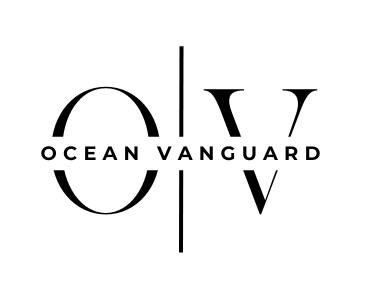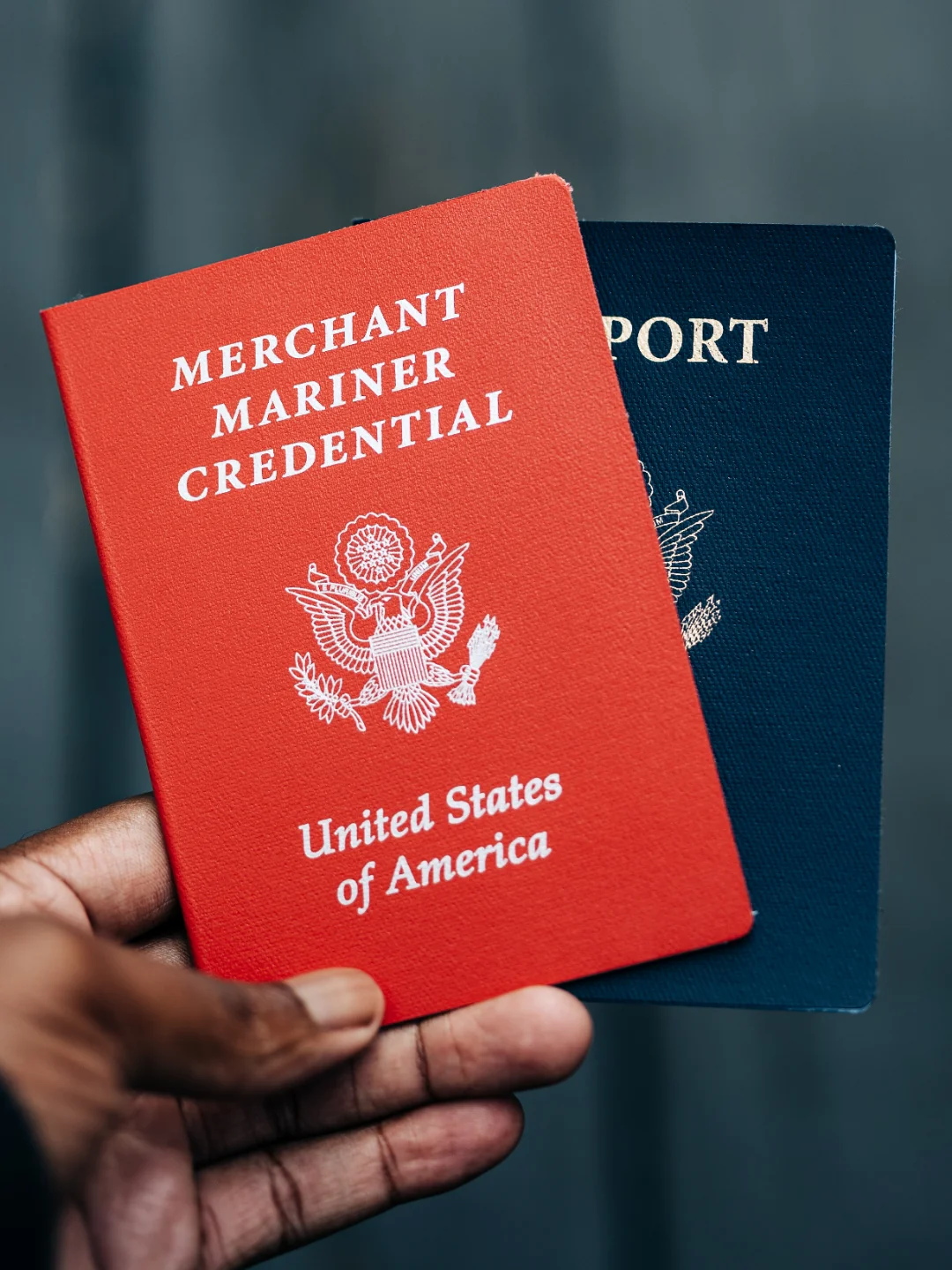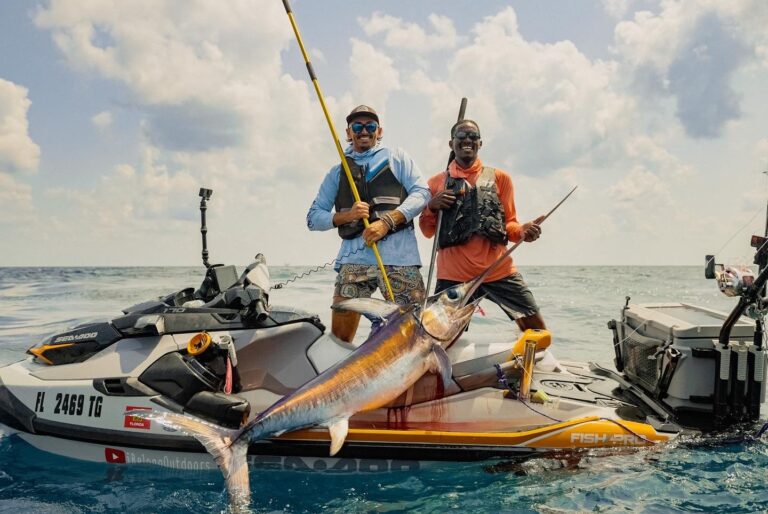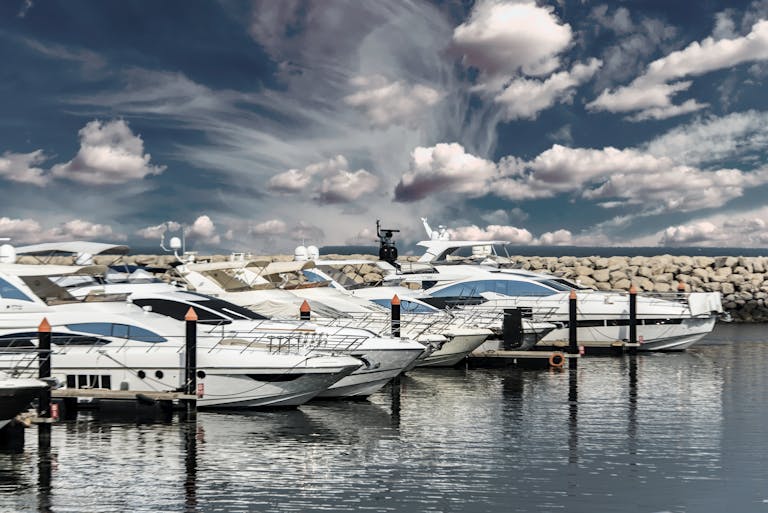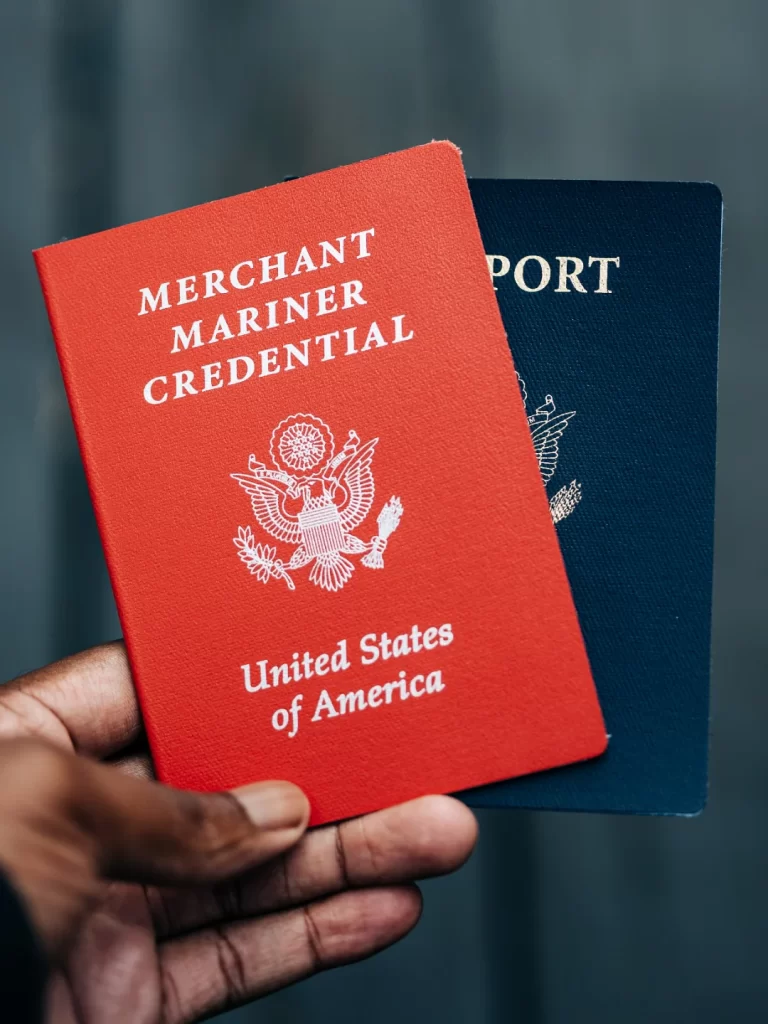
Boating can be an enjoyable and relaxing activity, but operating a boat requires knowledge, skills, and compliance with legal requirements. Just as you need a driver’s license to operate a car, many regions require you to have a boaters license to legally operate a boat. This article provides a comprehensive guide on the certifications you need to operate a boat and the steps to obtain them.
Why You Need a Boaters License
A boaters license is crucial for ensuring that you have the necessary knowledge and skills to operate a vessel safely. It covers essential areas such as navigation rules, emergency procedures, chart work, and the handling of different types of boats. Licensing helps to reduce the risk of accidents and promotes responsible boating practices.
Certifications Required to Operate a Boat
1. Boating Safety Certificate

Most State boating law administrators in the U.S. uphold mandatory education requirements, obligating operators to obtain a Boating Safety Certificate, particularly for those born after a specific date. This certificate demonstrates that you have completed an approved boating safety course.
How to Obtain It:
- Enroll in a Boating Safety Course: Boat ed courses are offered by various organizations such as the U.S. Coast Guard Auxiliary, United States Power Squadrons, and state boating license agencies. These can be taken in-person courses, online courses, or in a blended learning format.
- Complete the Course: The course covers topics like navigation rules, safety equipment, emergency procedures, and state-specific regulations.
- Pass the Exam: After the course is successfully completed, you must pass an exam to receive your Boating Safety Certificate and boater education card.
2. Operator of Uninspected Passenger Vessels (OUPV) License

If you plan to operate a vessel commercially and carry up to six passengers for hire, you need an OUPV License, also known as a “Six-Pack” license.
How to Obtain It:
- Meet Age and Experience Requirements: You must be at least 18 years old and have at least 360 days of boating experience.
- Complete a U.S. Coast Guard-Approved Course: Enroll in and complete an OUPV course from an approved provider.
- Pass a Medical Exam: You must pass a physical exam, including a vision and hearing test.
- Submit an Application: Provide proof of boating experience, complete a background check, and submit your application to the U.S. Coast Guard.
- Pass the Exam: The course concludes with a comprehensive exam covering navigation, safety, and regulations.
3. Master Captain’s License

For those intending to operate larger vessels or carry more than six passengers, a Master Captain’s boating license is required.
How to Obtain It:
- Meet Age and Experience Requirements: You must be at least 19 years old and have 360 days of boating experience, with at least 90 days in the last three years for an inland license and 720 days of boating experience for a near coastal license
- Complete a U.S. Coast Guard-Approved Course: Take an approved Master Captain’s course. MPT is an excellent option for Captains looking to gain their qualifications in South Florida
- Pass a Medical Exam: Similar to the OUPV License, you need to pass a physical exam.
- Submit an Application: Provide detailed records of your boating experience and complete a background check.
- Pass the Exam: The exam is more comprehensive than the OUPV, covering advanced navigation, weather, and maritime law.
4. State-Specific Certifications
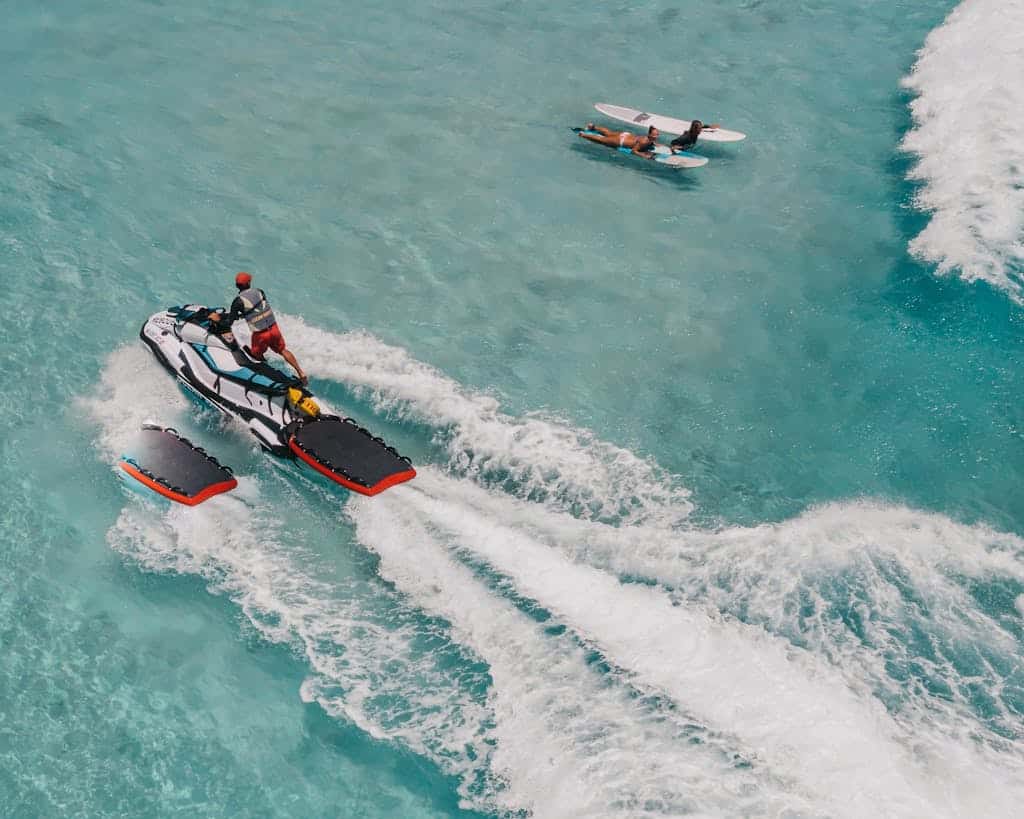
Some states have additional boater education requirements beyond the Boating Safety Certificate. For instance, personal watercraft (PWC) operators might need additional certification.
How to Obtain It:
- Check State Requirements: Visit your state’s boating agency website to understand specific requirements.
- Complete Required Courses: Enroll in any additional courses if needed.
- Pass the Exam: Successfully complete the required exam(s) to obtain your completion certificate.
Steps to Get a Boaters License
- Determine the Type of License Needed:
- Recreational or commercial use.
- Size and type of boat.
- State-specific requirements.
- Enroll in the Appropriate Course:
- Choose a course approved by the U.S. Coast Guard or your state boating agency.
- Decide between online or in-person options based on your preference and schedule.
- Complete the Course:
- Study the provided materials.
- Participate in hands-on training if available.
- Pass the Required Exams:
- Prepare thoroughly for the exam.
- Utilize practice tests if available.
- Submit Necessary Documentation:
- Proof of course completion.
- Medical exam results.
- Boating experience logs for commercial licenses.
- Receive Your Boaters License:
- After successfully passing the exam and submitting all required documents, you will receive your boat license.
- Keep Your Boaters License With You on the Water. You will need to exhibit it to maritime law enforcement in the case of being boarded or inspected. You should keep it in a durable, water-tight container or folder with your Registration and boat insurance documents.
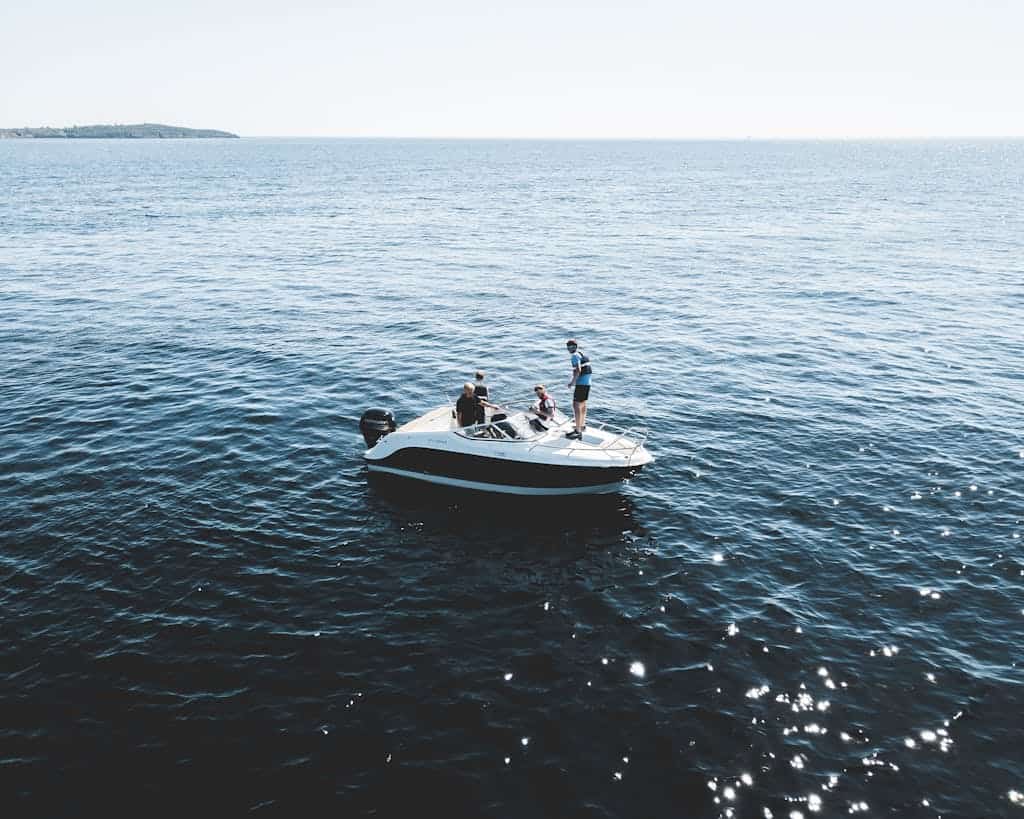
Conclusion
Obtaining a boaters license is a vital step in becoming a responsible and knowledgeable boat operator. Whether you’re boating for recreation or planning to operate a commercial vessel, understanding the certification requirements and the steps to get your license will help ensure safety and compliance with legal standards. Start by determining your specific needs, enrolling in the appropriate courses, and passing the necessary exams to enjoy safe and legal boating.
